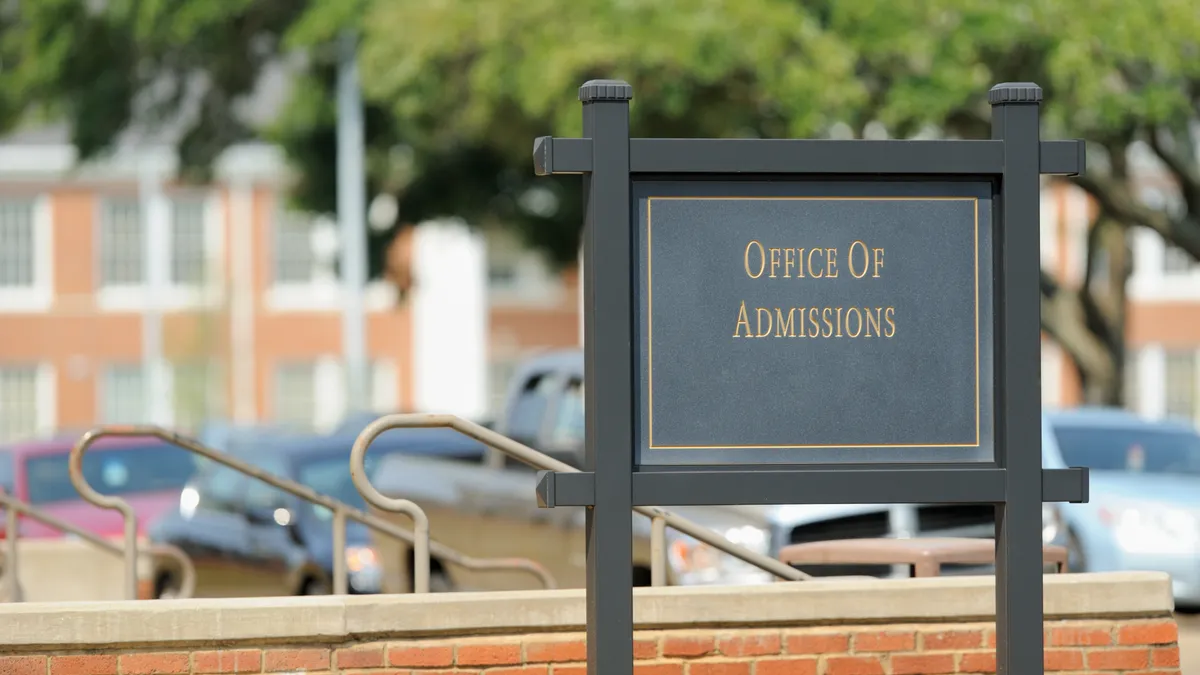Passion and purpose. One drives students’ ability and eagerness to learn. The other can keep them wavering in life to no end.
As an educator and father, I’ve been quick to notice that my students and even my own children, for that matter, are passionate about the subjects they learn and concepts that come naturally to them; however, often these passionate students get lost in the application of that passion to its purpose—i.e., how it applies to a career or real-life situation.
Driven by their passion, students will often continue on to higher education. However, without an intentional purpose, these students can end up on a confused college and career pathway, wavering in and out of courses and jobs, unable to follow a solid direction.
Even if a student has an intentional career in mind, let’s say, heart surgeon, while the college path is obvious, what about the reality of being competitive in a global economy?
A quick Internet search on “students and the workforce” will bring up staggering insights on employers feeling that college graduates are not prepared, or statistics on students feeling prepared for the workforce, but only half of employers sharing that same sentiment. Another article provided examples of how one industry was offering “shadowing” opportunities and workshops to help better prepare graduates for their industry to fill the gap. And another talked about college graduates’ inability to think critically or handle criticism.
After a quick glance at these insights, it’s clear that we need to better prepare our students for the workforce, now more so than ever considering the competitiveness of the global economy. Over the past decade of working in experiential learning, I’ve found that there are three fundamental “E’s” for K-20 learners when preparing them for the global workforce: Engage, Equip, and Empower.
What these three Es offer students through experiential learning is an opportunity to communicate and collaborate with like-minded students as well as current leaders in their field of interest or study, and think critically and be creative through hands-on, project based learning. The immersion into the hands-on portion of learning is really what clicks the “passion” puzzle piece into the “purpose” or practical piece. It provides that “aha” moment.
Years ago I met a high school student who had his heart set on being a lawyer. He made this decision years ago and was determined to go to a top law school. The student was slightly timid, probably typical of a teenager; but without a doubt, I could tell that he was very bright, passionate and ambitious. When I asked him what type of law he wanted to practice and if he wanted to be a litigator, he got flustered and was honest that he wasn’t sure.
His parents signed him up for an experiential learning course on intensive law and trial. The course was his first taste of immersing himself in the theory and hands-on practice of law. Over 10 days, he met with legal professionals and academics, took copious notes on theory and practice and attended workshops on the legal profession. But what impacted this student the most was the engagement—the real-world simulations and mock trial that took place throughout the 10-day course. The opportunity to write opening and closing statements and argue a case from start to finish in a real court empowered him. In the end, he lost his trial, but the feeling of defeat exhilarated his passion even more. He was aware of his fumbles and was eager to enter the courtroom again. Now that he had a concrete taste of how his passion has a purpose, he stood firm in his pathway to pursue a career as a litigator.
Experiential learning offers K-20 students more than a “text book” education. Surely learning the case studies and theories are important, but being immersed and gaining the sensory experience in the subject gives much more weight when equipping our students for the workforce.
What’s more is it helps prevent students from falling into the trap of what I call a “delayed career launch.” As a parent, the last thing I want after my children have invested years of higher education and thousands of dollars in tuition is to have them wavering in the workforce without a means to an end. Experiential learning provides sensory participation—an immersive experience that aligns aspirations to a purpose or direction. It builds character and gives them a sense of ownership for their future.
Andrew Potter is an educator, who teaches at the college level (private and community) and high school (philosophy, AP history, AP politics) and father to a high school and a college-aged daughter. As the Chief Academic Officer at Envision, a leading experiential education (i.e., project based learning) organization, Andrew directs the organization’s academic strategy and development of faculty, curriculum, methods, and pedagogy that provide learning experiences designed to deliver tangible college and career readiness opportunities for students.




 Dive Awards
Dive Awards









